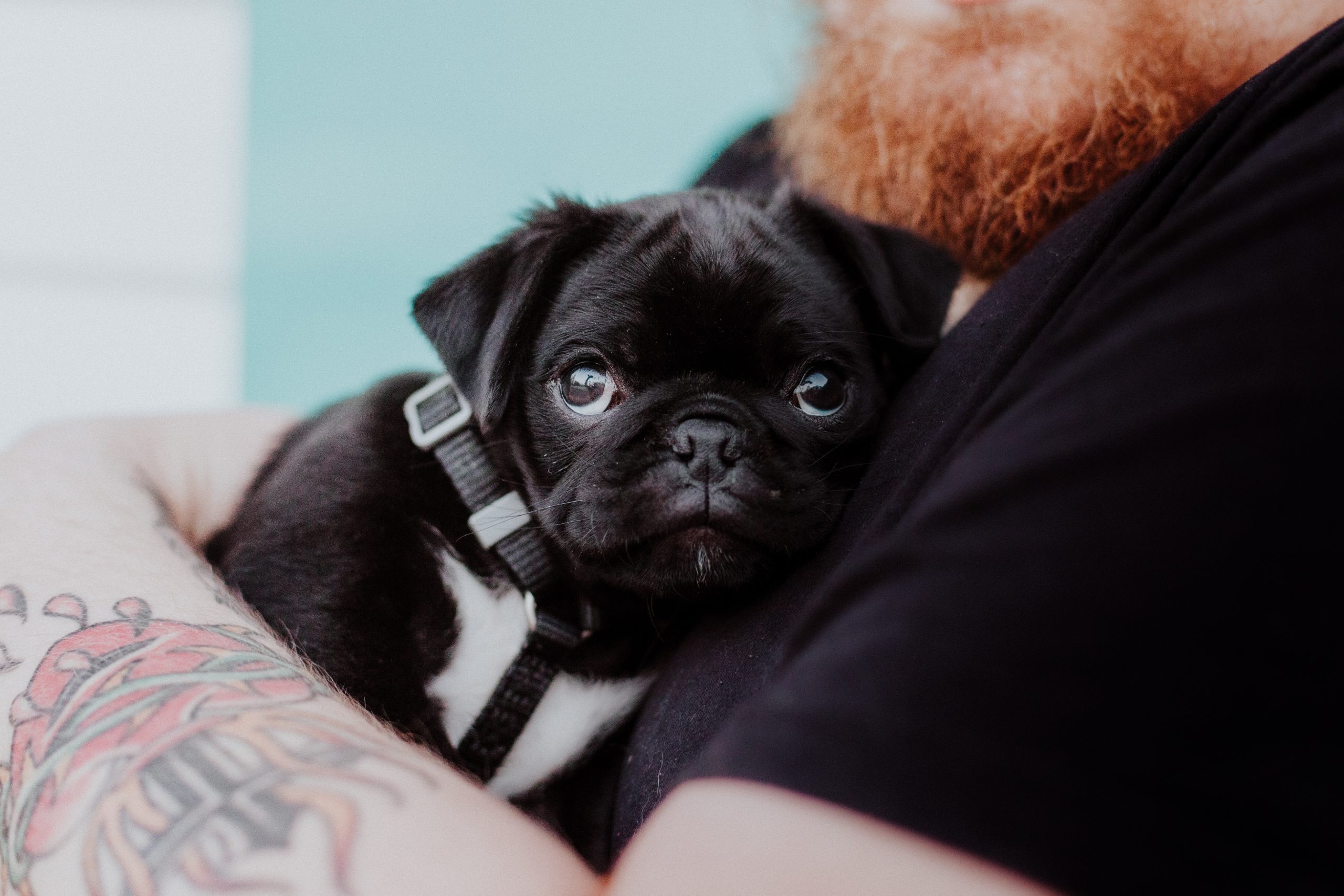When it comes to adding a new furry member to your family, choosing a responsible breeder is crucial. Not only will a reputable breeder provide you with a healthy, well-socialized puppy, but they will also offer guidance and support throughout your dog’s life.
Before committing to a breeder, it’s important to ask the right questions to ensure they meet your standards and can provide you with the best possible experience. Here are ten questions you should ask your breeder:
1. Can I see the puppy’s parents?
Seeing the puppy’s parents will give you an idea of what your puppy will look like when they grow up and their temperament. You can also assess the parent’s overall health and any genetic health issues that may run in the breed.
2. What have health screenings been done on the parents?
It’s essential to ensure that the puppy’s parents have undergone necessary health screenings before breeding. Ask for documentation on health clearances for common genetic issues in the breed, such as hip and elbow dysplasia, eye problems, and heart conditions.
3. What kind of socialization has the puppy received?
Proper socialization is crucial to ensure your puppy develops into a well-adjusted adult dog. A reputable breeder will expose their puppies to different people, environments, and sounds to help them feel comfortable in various situations.
4. What kind of training has the puppy received?
While a puppy won’t be fully trained, a responsible breeder will begin the process by teaching basic obedience commands and manners. This will give you a head start in training your puppy once they come home with you.
5. Can I see where the puppies have been raised?
A responsible breeder will have nothing to hide and will allow you to see where their puppies have been raised. The area should be clean, safe, and spacious enough for the puppies to play and explore.
6. What is the breeder’s policy on returning a puppy?
Life can be unpredictable, and unforeseen circumstances may arise that prevent you from keeping your puppy. A reputable breeder will have a policy in place that allows you to return the puppy in such cases.
7. Can the breeder provide references from previous puppy buyers?
A reputable breeder will be happy to provide references from previous puppy buyers. This will give you an idea of what to expect and how the breeder interacts with their clients.
8. What kind of support does the breeder provide after the sale?
A responsible breeder will offer guidance and support throughout your puppy’s life, answering any questions you may have and providing advice on training, nutrition, and health care.
9. What kind of contract will I be required to sign?
A reputable breeder will have a contract that outlines the terms and conditions of the sale. This will include information about health guarantees, return policies, and any breeding or show requirements.
10. How old will the puppy be when I take them home?
Puppies need to stay with their mother and littermates until they are at least eight weeks old. Any breeder who is willing to sell a puppy before this age should be avoided.
Choosing a responsible breeder is critical when adding a new member to your family. By asking the right questions, you can ensure that your puppy comes from a reputable source and that you are fully prepared for the responsibility that comes with owning a dog.
While asking the ten questions above can give you a good idea of whether a breeder is reputable or not, there are other factors to consider as well. Here are a few additional tips to help you find the right breeder for you:
· Research the Breed
Before contacting a breeder, research the breed you are interested in. This will give you an idea of what to expect from your puppy and what kind of care they will require. You can also learn about common health issues in the breed and ask the breeder about any health testing they have done on their breeding dogs.
· Visit Multiple Breeders
Don’t settle on the first breeder you find. Visit multiple breeders and compare their facilities, puppies, and policies. This will give you a better idea of what to expect and help you make an informed decision.
· Avoid Puppy Mills and Pet Stores
Puppy mills and pet stores are not reputable sources for puppies. Puppy mills prioritize profit over the welfare of their dogs, resulting in puppies that are often sickly and poorly socialized. Pet stores often source their puppies from puppy mills, and their staff may not be knowledgeable about the breed or the puppy’s history.
· Ask for a Health Guarantee
A reputable breeder will offer a health guarantee that covers genetic health issues for a certain period after the sale. This shows that the breeder stands behind their puppies and is willing to take responsibility for any health issues that may arise.
After the breeder, it is your responsibility to take care of the safety of the pet. Make sure to have a robust fencing system for dogs from Petstop to install in your garden area to set the perimeter. This will also protect the pet from unwanted danger outside.
· Be Prepared for An Interview
A reputable breeder will want to ensure that their puppies go to good homes. Be prepared for an interview in which the breeder will ask questions about your lifestyle, your experience with dogs, and your plans for the puppy.
Finding a reputable breeder requires research, patience, and a willingness to ask the right questions. By finding the right breeder, you can ensure that your puppy comes from a healthy, well-adjusted background and that you are fully prepared to give them the care and attention they deserve. Please feel free to share your thoughts or suggestions regarding the discussion below in the comment section.






